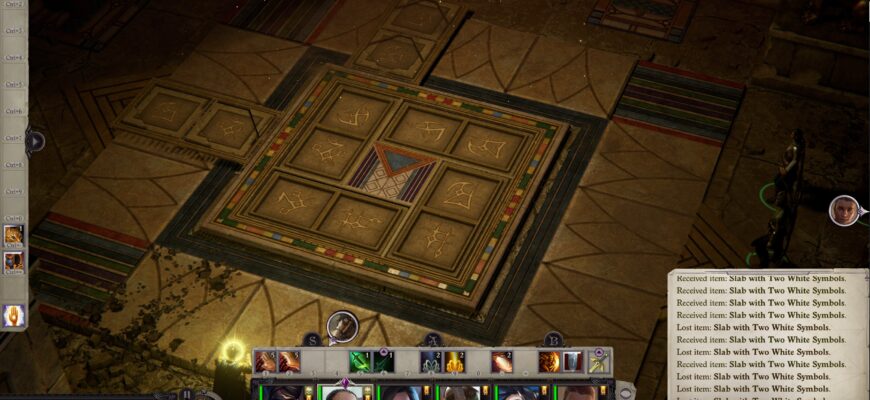The air at Bethpage Black in Farmingdale, New York, crackled with a tension that only a Ryder Cup can ignite. For days, Team Europe had danced on the razor`s edge of victory, building an imposing lead. Then, as Sunday`s singles matches unfolded, the American roar grew louder, threatening to turn European confidence into a historic collapse. But in the end, Europe stood firm, not just retaining the coveted trophy, but securing a resounding 15-13 victory on foreign soil—a feat whispered about by Rory McIlroy two years prior, now etched into legend.
A Prophecy Fulfilled Amidst American Fury
The decisive blow came from Shane Lowry`s birdie putt on the 18th green. A collective sigh of relief, followed by an explosion of European jubilation, swept across the course. McIlroy, who had earlier boldly predicted this triumph, was conspicuously absent from the immediate celebrations, having concluded his own intense singles match against Scottie Scheffler with a narrow 1-down loss. Yet, his prophecy had materialized, a testament not just to his foresight but to the collective spirit of his team.
The Americans, known for their individualistic brilliance, had mounted a formidable comeback. From a daunting 12-5 deficit, they clawed their way back, winning or tying 11 of 12 singles matches. The crowd, initially a torrent of taunts aimed at the Europeans, had transformed into a fervent chorus of support for their home team. Every putt, every chip, every par became a pulsating moment in a drama that seemed determined to defy expectations. For a moment, the specter of a monumental choke loomed large for Europe, but they held their nerve, relying on the depth and resilience forged over years of shared campaigns.
“It obviously was really tight there at the end,” McIlroy later reflected. “It was a bit stressful.” Indeed, stress was an understatement for the nail-biting conclusion.
The Unseen Blueprint: Continuity and Cohesion
Europe`s success wasn`t merely a stroke of luck or a fleeting moment of brilliance; it was the culmination of a meticulously crafted strategy centered on **continuity and cohesion**. With 11 of 12 players returning from their previous victory in Rome, the team wasn`t just a collection of talent; it was a well-oiled machine, each cog intimately familiar with the others. This wasn`t a group of business partners; it was a band of brothers.
The starkest illustration of this unity lay in their performance in foursomes, the alternate-shot format often considered the purest test of teamwork in golf. Over the past two Ryder Cups, Europe boasts an astonishing 14-2 record in this format. While American teams have often viewed these team formats as challenges to overcome with sheer talent, Europe consistently sees them as unparalleled opportunities to showcase their collective strength. This philosophical divide, perhaps more than any individual skill differential, often proves to be the true battleground of the Ryder Cup.
The Meticulous Architect: Captain Luke Donald
At the helm of this formidable European squad was Captain Luke Donald, whose leadership extended far beyond conventional strategy. His approach was a masterclass in detail, blending psychological warfare with an almost comical level of practical preparation. As Jon Rahm and Rory McIlroy themselves highlighted, Donald`s “level of professionalism,” “attention to detail,” and “communication skills” were foundational to their triumph.
Consider the minutiae: Donald ensured European uniforms echoed those worn by previous victorious away teams, a subtle nod to history and legacy. But his preparations delved even deeper, touching upon aspects most might dismiss as trivial. The hotel rooms, for instance: cracks in doors that let in light were patched up; standard bedding replaced with more comfortable options; even the shampoo and conditioner were swapped for better quality products. One might chuckle at the thought of a Ryder Cup victory hinging on luxurious lather, but this highlights a deeper principle:
“It`s just taking the time and having the care that you want to do everything you can to kind of give these guys the best opportunity,” Donald explained. “You want to create an environment where they can succeed.”
This commitment to player comfort and psychological well-being, from the grand strategic pairings to the humble bathroom amenities, underscores Donald`s belief that every detail contributes to the overall performance. It’s an interesting irony: in a sport of incredible precision, sometimes victory is found not just on the green, but in the thread count of a bedsheet.
Beyond the Badge: The Unquantifiable Spirit
Ultimately, Europe`s triumph at Bethpage Black was powered by something intangible, a spirit best encapsulated by veteran Justin Rose: “The answer to your question is I don`t know, other than the badge and the boys, honestly. That`s all that matters, honestly, the badge and the boys.” This profound sense of camaraderie transforms the Ryder Cup from a professional tournament into something deeply personal and emotionally resonant. As Donald himself put it, these are “the best weeks of our lives,” fostering memories cherished far beyond the final scorecards.
As the cheers for “Roooooory! Roooooory!” finally enveloped McIlroy on the 18th green, tears welled in his eyes. A younger McIlroy, at 21, was part of the iconic “Miracle at Medinah” in 2012—another legendary away victory. Now, at 36, a Grand Slam champion, he stood at the epicenter of another historical triumph, a perfect bookend to a remarkable career chapter. This victory at Bethpage Black wasn`t just about winning a golf tournament; it was about solidifying a legacy, proving that collective heart, meticulous preparation, and an unwavering belief in “the badge and the boys” can conquer even the toughest environments in sport.









